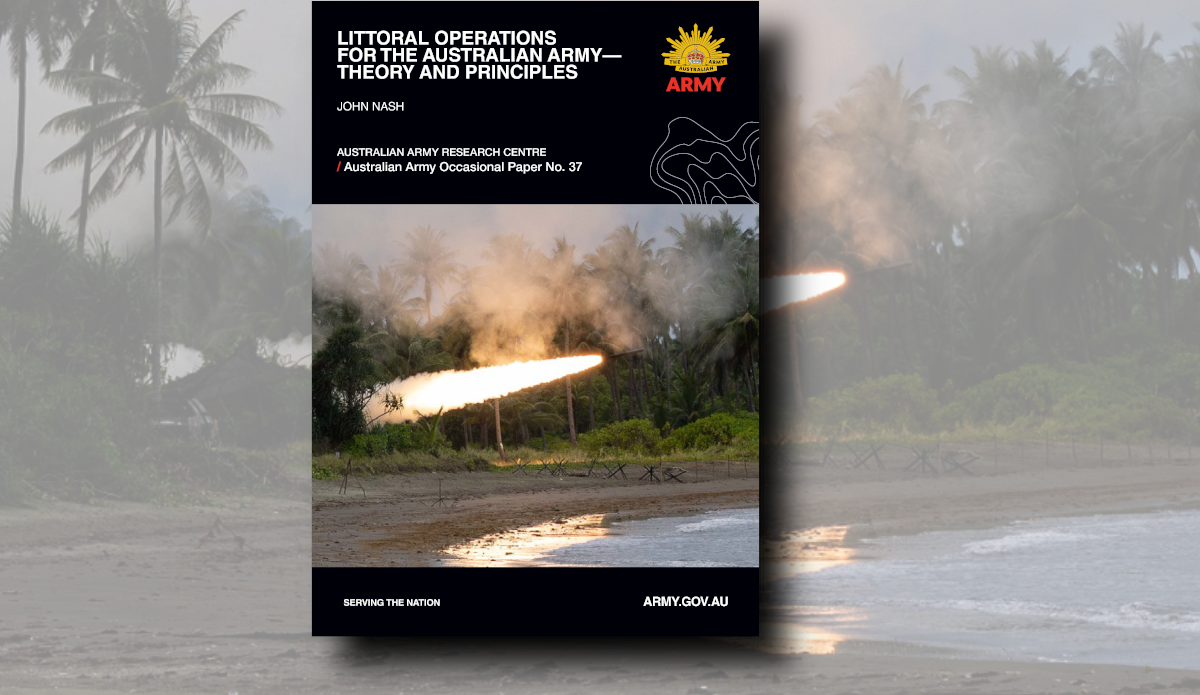In his introduction to Admiral Harry Harris’ Lowy Institute Presentation, Executive Director Dr Michael Fullilove declared that 2016 could be characterised as framing an era of US power that arose in the aftermath of the Second World War. Such statements are made to be contested and Admiral Harris did just that.
Committing the United States to the ‘economic miracle that is the Indo-Asia-Pacific’, Admiral Harris used his address to broadcast an intentional signal of US support to Australia and the region. By design, his presence in Australia was intended to counter the prevailing narrative of declining US power suggested by Fullilove. The task is significant though. Against a momentous 2016 where China challenged US hegemony in the Western Pacific and where two unexpected outcomes occurred in the UK referendum and in the US presidential election, few observers can accurately predict which narrative will prevail.
Admiral Harris’ message of support is not new, yet it is timely for Australia and the region in this era of strategic uncertainty. In a rejection of recent concerns following the US election that US military commitment to the Indo-Asia-Pacific (IAP) may be reduced, Harris paraphrased Mark Twain by saying that ‘the United States’ intention to leave the IAP is greatly exaggerated.’ As evidence, he observed that of the seven major defence treaties the US commits to, five are in the IAP region, and that ANZUS is one of the most important. This commitment was echoed by former US Secretary of Defence Carter who stated that the IAP is the ‘single most consequential region’ to the US.
To reinforce this message of support to the largely Australian audience, the Admiral outlined the many shared values between the US and Australia, the long-term mutual respect and the resolve that both countries share. As many other visiting Americans have done, he referred to Australia’s continued support through numerous conflicts right back to the Great War. It was in 1918 that General Monash fostered the US Army’s combined arms prowess for later years when he was assigned command of four US companies during the Australian Corps’ successful capture of the Le Hamel salient in 1918.
In more contemporary observations, Harris acknowledged Australia’s commitment in the Defence White Paper 16 to increase capability investments and to the US Force Posture Initiative, an agreement which he co-signed with Chief of Defence Force, Air Chief Marshall Chris Binskin. In reference to the ongoing ANZUS alliance he noted several commitments to Australia including assisting the RAAF to introduce into service fifth generation fighter aircraft with a deployment of USAF F22s from 2017; global integration of US and Australian maintenance of C17 aircraft; the ongoing Marine Rotation Force - Darwin and its interactions with the 1st Brigade; and the integration of senior Australian officers to US command appointments.
Alluding to the rule of law and the global commons of sea, air and cyber shipping lanes, another key message from Admiral Harris was the need to keep the ‘global operating system’ functioning. PACOMD clearly plays a major role in deterrence and arguably the F22 deployment to Australia is one such measure, but as he noted, the military does not have all the answers nor are they always heeded by those nations that seek to restrict access to the global commons. Like many others (see for example Prof Michael Evans in Parameters 44(1) Spring 2014) he acknowledged that all elements of national power must be utilised to achieve deterrence. His simple yet compelling equation for this is Deterrence = Capability x Resolve x Signalling where If any factor equals zero, deterrence cannot be achieved.
And herein, perhaps, is the real reason for his very public visit to Australia: that the West must continue to signal its displeasure and act with resolve over any actions that threaten access to the global operating system. At the very least, Foreign Minister Julie Bishop’s recent statement opposing the building of artificial islands in the South China Sea is one such signal in the Harris deterrence equation.
In a military context, these comments echo a growing but not new argument led by Professor Michael Evans that contends that the military must consider more than just a military solution to the problems that confront us. This approach, naturally, is consistent with Clausewitz’s observation that war is merely an extension of politics.




